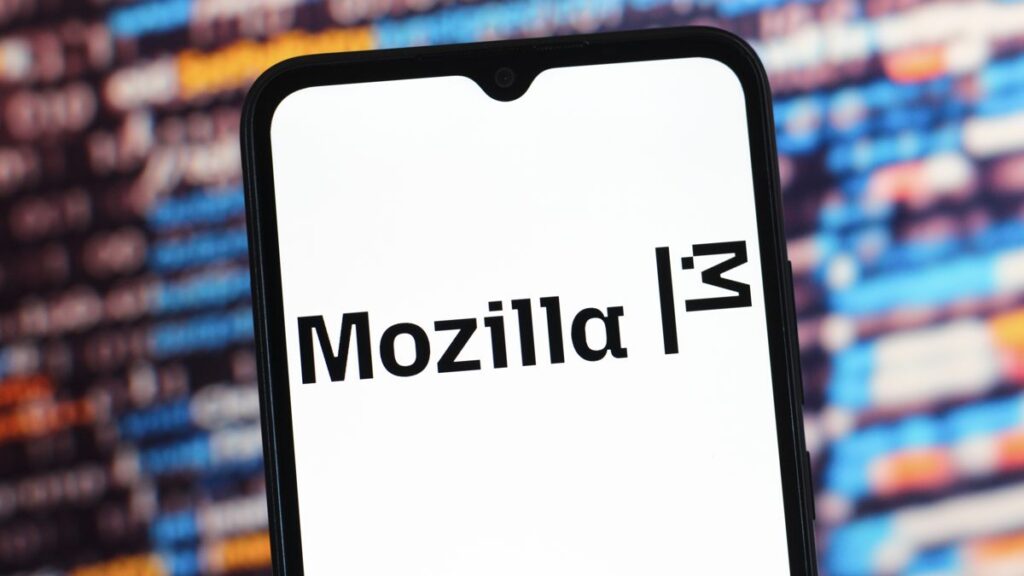
Competing with Google Chrome might seem like a full-time endeavor for Mozilla, the organization behind Firefox, which currently holds a modest share of the browser market. However, Mozilla has recently embarked on a new initiative that seeks to address some of the world’s pressing issues rather than just enhancing the web. In November, the Mozilla Foundation unveiled its Experimental Incubator for civic technology projects, announcing the first four recipients and inviting proposals for the next ten awards.
“We want you to be pro-social, pro-human, and that’s the table stakes,” said Nabiha Syed, the executive director of the San Francisco-based nonprofit, during an interview at the Mozilla Festival in Barcelona. “Come here and figure out your product-community fit.”
Innovative Projects Targeting Environmental Challenges
The first four projects to receive $50,000 grants through this program are using technology to unearth previously hidden data, primarily concerning pollution. These projects include:
- Code Carbon: Tools for developers to estimate the carbon footprint of their software during development.
- EyeClimate: Apps that enable users to analyze satellite imagery to detect methane-gas leaks.
- Fundacion Via Libre: Tools for non-technical users to audit recommendation algorithms.
- Proyecto Respira: Air-quality monitoring software designed for neighborhood-level deployment.
Syed summarized the common ambition behind these projects: “How can we make the invisible visible so we can all make better decisions?”
Building on Past Experiences
Syed’s previous role as editor of The Markup, a nonprofit newsroom known for its work on online privacy and security, some in collaboration with Mozilla, has informed her approach to the foundation’s new venture. “One thing we learned at The Markup was the importance of asking the right set of questions, which was never the obvious questions,” she said.
Beyond financial support, recipients gain access to coaching on business structures and open-source software management, along with insights from the broader Mozilla community. “We’ve got an inbuilt community of thousands of people who participate from 122 countries in the world, who are excited, early adopters of good tech,” Syed remarked. “You say you want good tech, let’s matchmake a little bit.”
Future Directions and AI’s Role in Democracy
For its second cohort of grant recipients, the Foundation is seeking proposals that leverage AI to support democracy. While AI’s political applications often evoke concerns about deepfakes influencing public opinion, Syed highlighted AI’s potential for “relational technologies” that foster community connections and understanding.
“Things that are helping people connect, understand, create, plug into their communities, plug into their societies,” she explained, pointing to examples like AI aiding in mutual-aid coordination. “I really think there is a universe of technologies that can be used in those specific ways.”
Two weeks after the announcement, the foundation reported receiving pitches from individual developers and established organizations. Ideas include using AI to simplify complex government documents like bills and budgets and to document content-moderation systems’ workings.
The 10 selected recipients will receive $50,000 each, with two finalists awarded an additional $250,000 apiece.
Syed emphasized that success metrics include a project’s ability to secure follow-on funding and traditional measures like adoption, growth, and sustainability. “We want things to be sustainable for their community, providing real value,” she commented. “Things don’t need to scale to be great.”
Financial Context and Future Outlook
The total outlay for the incubator program will represent a small fraction of the Foundation’s overall spending. According to its latest annual report, Mozilla spent $26 million in 2023, with $17.2 million allocated to external grants, $6.2 million to its own campaigns and activities, and $2.6 million for research programs.
Mozilla’s funding primarily comes from $7.8 million in donations and $18.6 million in royalties, mainly from Google’s payments to remain the default search engine in Firefox. Despite concerns over the US search-antitrust case against Google, the remedies outlined in September allow Google to continue these payments to Mozilla and Apple.
Syed predicted that this new incubator program would serve as a template for future donations at Mozilla, stating, “This will be the lion’s share of our grantsmaking.” However, while the total funding may increase, the scope of individual projects and grants need not. “Small and scrappy can get you to critical mass,” she concluded. “Because it can meet needs that the big folks can afford to overlook.”






